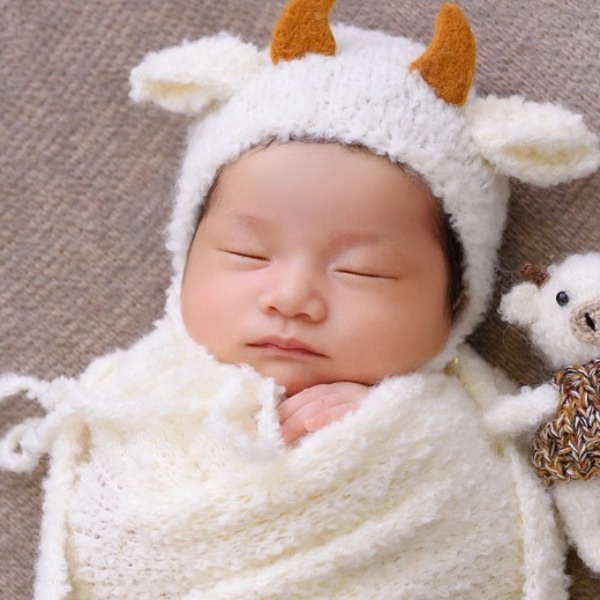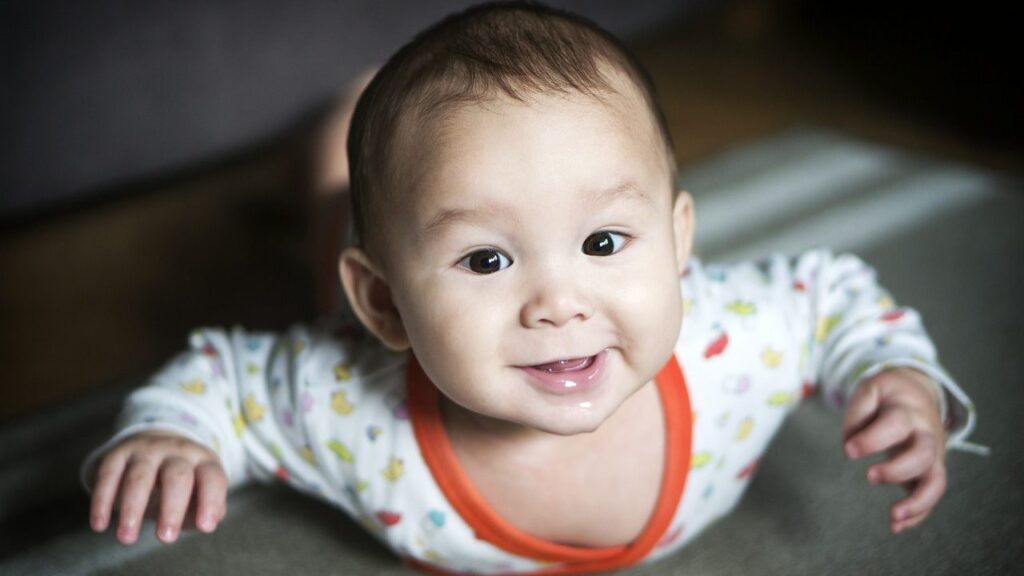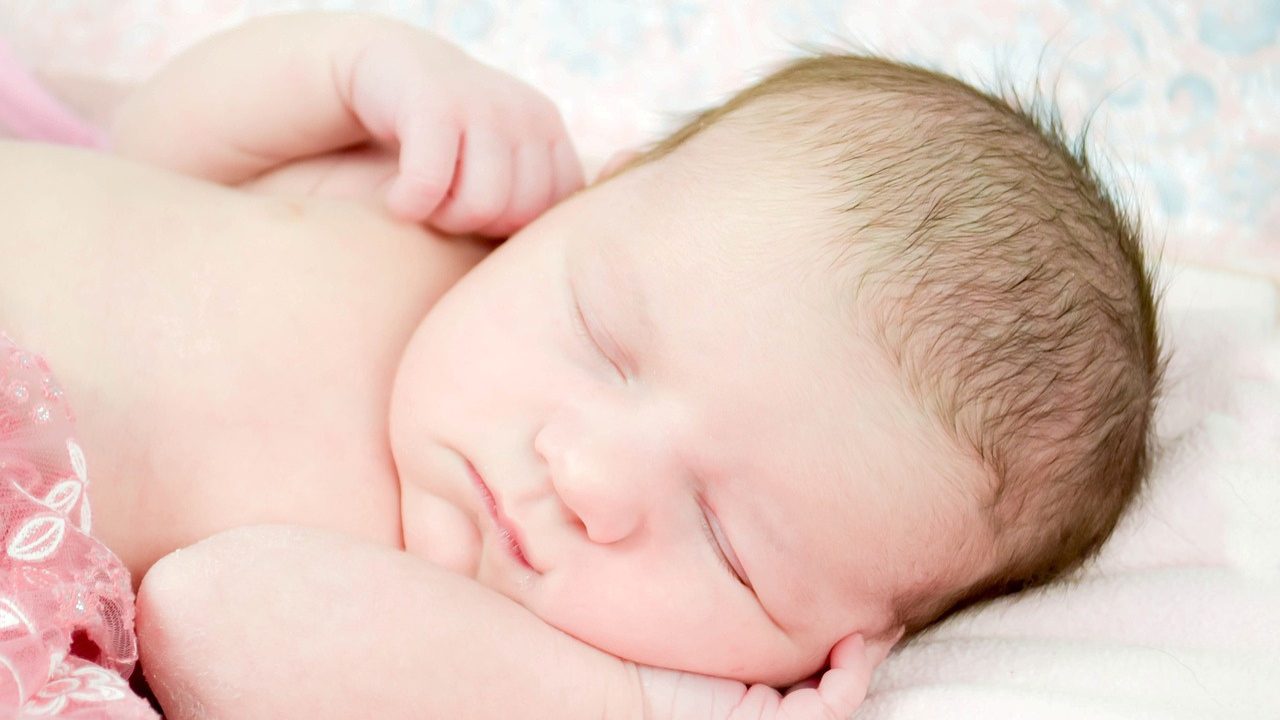Caring for a newborn is a journey filled with joy, challenges, and countless learning moments. Understanding the basic needs of a newborn baby is crucial for their health, comfort, and overall well-being. From feeding and hygiene to creating a nurturing environment, each aspect plays a vital role in their development.
This guide dives into essential tips every parent must know to meet these needs and ensure your little one thrives in their earliest stages of life.
The Basic Needs of a Newborn Baby

The basic needs of a newborn baby are essential for their survival, growth, and emotional well-being. These needs include proper nutrition, warmth, hygiene, and love. Adequate nutrition, through breastfeeding or formula feeding, ensures the baby receives vital nutrients for healthy development. Providing warmth and comfort by dressing the baby in suitable clothing and maintaining a stable room temperature helps them feel secure.
Hygiene practices, such as regular diaper changes and gentle bathing, protect the baby from infections and discomfort. Equally important, bonding through cuddling, smiling, and responsive care fosters emotional security, laying the foundation for a happy, healthy childhood.
1. Proper Nutrition: The Foundation of Growth
A newborn’s primary nutritional source is either breast milk or formula. Both options provide the essential nutrients a baby needs for healthy growth and development. Understanding and addressing their feeding needs ensures their well-being.
- Breastfeeding Benefits: Provides antibodies to strengthen the immune system.
- Formula Feeding Tips: Choose a formula suited to your baby’s age and health.
- Feed on demand to match the baby’s hunger cues.
Whether you choose breastfeeding or formula feeding, ensuring your baby is well-nourished is among the basic needs of a newborn baby that cannot be overlooked.
2. Warmth and Comfort: Creating a Safe Space
Providing warmth and comfort is essential for a newborn’s safety and happiness. Here are key tips for parents:
- Maintain room temperature: Keep the nursery between 68-72°F (20-22°C) for optimal comfort.
- Use proper bedding: Choose soft, breathable blankets and avoid loose items in the crib to prevent suffocation risks.
- Skin-to-skin contact: Hold your baby often to promote bonding and regulate their body temperature.
- Comfortable clothing: Dress your baby in layers suitable for the weather, avoiding overheating.
- Safe sleep setup: Always lay your baby on their back with a firm mattress and fitted sheet.
These practices ensure your baby feels secure and cared for.
3. Hygiene and Health: Protecting Your Baby

Ensuring good hygiene and health is crucial for your newborn’s well-being. Parents can follow these practical tips:
- Regular handwashing: Wash hands before handling your baby to prevent the spread of germs.
- Umbilical cord care: Keep the area clean and dry to avoid infections until it heals.
- Bathing essentials: Use lukewarm water and gentle baby soaps. Bathe your newborn 2-3 times a week.
- Diaper changes: Change diapers frequently to prevent rashes. Use a diaper cream if needed.
- Vaccination schedule: Stay updated on your baby’s vaccinations to protect against illnesses.
These measures create a safe and healthy environment for your baby.
4. Love and Bonding: Building Emotional Security
Emotional connection is just as important as physical needs. Babies thrive on love, care, and interaction from their caregivers, which help them feel safe and valued.
- Hold your baby often to foster a sense of security.
- Speak, sing, and smile at your baby to encourage emotional development.
- Respond promptly to cries to build trust and reassurance.
Meeting this need reflects baby care basics for parents and ensures your baby grows up in a nurturing, emotionally secure environment.
Additional Tips for Meeting Newborn Needs

Caring for a newborn goes beyond the basics. Here are some additional tips to help parents provide the best care:
- Develop a routine: Establish regular feeding, sleeping, and diaper-changing schedules for a sense of security.
- Practice skin-to-skin contact: Promotes bonding and regulates your baby’s temperature.
- Watch for cues: Learn to identify hunger, discomfort, or tiredness signals.
- Keep the environment clean: Minimize allergens and maintain hygiene to protect your baby’s health.
- Engage with your baby: Talk, sing, and make eye contact to encourage early communication skills.
These tips help parents address their newborn’s needs effectively and with love.
Conclusion
In understanding the basic needs of a newborn baby, parents play a pivotal role in nurturing their child’s health, happiness, and development. By providing proper nutrition, maintaining hygiene, ensuring warmth, and offering consistent love and care, parents create a strong foundation for their baby’s growth. Meeting these needs not only safeguards the newborn’s physical well-being but also strengthens emotional bonds, fostering a secure and loving environment.
As caregivers, recognizing and addressing these fundamental needs equips parents to confidently navigate the rewarding journey of raising a healthy and happy child.
FAQ’s
What are the basic needs of a newborn baby?
The basic needs include proper nutrition, warmth and comfort, hygiene, and love and bonding. Addressing these needs ensures the baby’s physical and emotional development.
How often should I feed my newborn?
Newborns typically feed every 2-3 hours. Whether breastfeeding or formula feeding, look for hunger cues to determine when your baby needs to eat.
How can I ensure my newborn stays warm?
Dress your baby in layers suitable for the weather, swaddle them for extra warmth, and maintain a comfortable room temperature of 68-72°F (20-22°C).
Why is bonding important for a newborn?
Bonding fosters emotional security, helping babies feel safe and loved. This connection supports brain development and trust between the baby and caregiver.
What are the best hygiene practices for newborn care?
Change diapers frequently, bathe your baby 2-3 times a week, and keep the umbilical cord area clean and dry until it heals.




